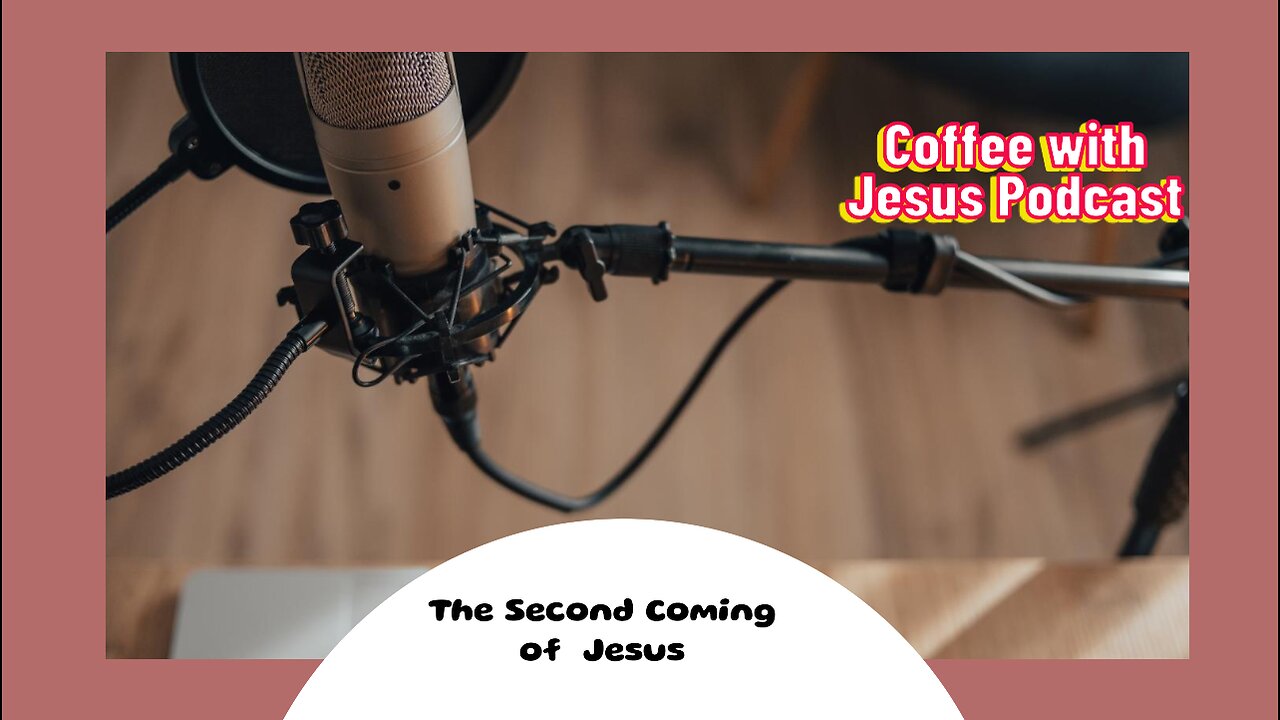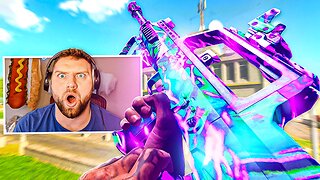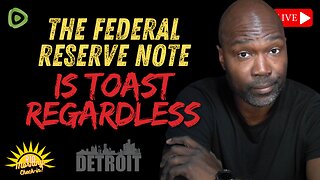Premium Only Content

Basis of second coming part 3 - Coffee with Jesus
**Coffee with Jesus Podcast: Basis of the Second Coming, Part 3**
Find part 2 here https://rumble.com/v584xyl-basis-of-the-second-coming-part-2-coffee-with-jesus-podcast.html
Welcome back to the Coffee with Jesus podcast with Bill & Brian. Today, we're diving into the Basis of the Second Coming, Part 3. This episode focuses on one of the most detailed and significant miracles in the Gospels—the resurrection of Lazarus.
While Lazarus was not the first person the Messiah raised from the dead, previous resurrections are briefly mentioned, often in just two to four verses, witnessed by only a few who were then told to tell no one about it. In sharp contrast, the resurrection of Lazarus is detailed in 44 verses and witnessed by many. This miracle is unique because it is the one sign Jesus still promised to give publicly after Matthew 12—the sign of Jonah, the sign of resurrection. When this sign is given, the people will need to respond.
You'd think that upon hearing about Lazarus' illness, Jesus would have departed for Bethany immediately. But instead, when He heard Lazarus was sick, He stayed two days longer in the same place. For the very reason He heard about the illness, He did not go anywhere. It would have only been a one-day walk to Bethany, but He stayed put. Only after hearing about Lazarus’ death did He begin moving towards Bethany, but even so, He moved rather slowly. By the time He arrived, Lazarus had been dead for four days. This mention of four days is significant from a Jewish perspective because the common teaching among the rabbis of first-century Israel was that when a person dies, the spirit hovers over the body for three days. After three days, the spirit descends to Sheol, making resuscitation impossible without a miraculous resurrection.
Jesus set the stage in such a way that this miracle couldn't be explained away as mere resuscitation. By the time He arrived in Bethany, Lazarus had been dead for four days—one day too many for resuscitation to occur.
The context that we're about to read is in the context of the Triumphal Entry into Jerusalem. Thousands upon thousands of Jews were conducting Jesus into the city, crying out, "Hosanna," more correctly, "Hoshana," which means "Blessed is he who comes in the name of the Lord." From the Jewish context of that name, that was the official messianic greeting. The rabbis taught that whenever the Messiah comes, he must be welcomed with these words, as they come from a messianic Psalm in the Hebrew Bible, Psalm 118:26: "Blessed be he that cometh in the name of the LORD: we have blessed you out of the house of the LORD." By saying these very words, they were claiming Him to be the Messiah.
One might think the conditions could still change, except for the fact that the unpardonable sin had already been committed. Because of its unpardonable nature, no amount of repenting could change the fact of coming physical judgment. Matthew 12:41-44 reminds us that the city was still under judgment, destined to be destroyed with the temple, having not one stone left upon another, because they did not recognize the time of their visitation. They did not realize messianic times had come and failed to accept Jesus as the messianic king, and therefore, they would not receive the Messiah in this generation.
In the context of the Messiah's words are words of judgment. Matthew 23 is a chapter solely focused on renouncing the leadership of Israel of that day. Jesus pronounces seven woes upon the leaders of Israel, addressing various sins, but they form a circle, as the first and the seventh woes deal with the same sin.
The first woe is in Matthew 23:13: "Woe to you, scribes and Pharisees, hypocrites! For you shut the kingdom of heaven against men. For you neither enter yourselves nor allow those who would enter to go in." They are condemned for two reasons: rejecting His messianic claims and leading the nation to reject those claims as well. The seventh woe, in verses 29-36, elaborates on this by holding them accountable not only for rejecting His messiahship but also for rejecting all the prophets of the Hebrew Bible. Everything the prophets said about the coming of the Messiah had been fulfilled, and the Hebrew scriptures had been closed for about four and a half centuries. To reject His messiahship was to reject the prophets as well.
No Jewish person, even among the most orthodox, can claim to believe the prophets and yet reject Jesus as the Messiah. It’s a packaged deal. To believe the prophets is to believe Him, and to reject Him is to reject the prophets. As Matthew 23:35 says, "That on you may come all the righteous blood shed on the earth, from the blood of righteous Abel to the blood of Zechariah, son of Berechiah, whom you murdered between the temple and the altar."
Join us as we delve deeper into this incredible context and its implications for the Second Coming. This is Coffee with Jesus, and we’re thrilled to have you with us on this journey of faith and discovery.
-
 LIVE
LIVE
TheAlecLaceShow
55 minutes agoMAGA Pushback Against Flag Burning EO & 600K Chinese Students | Cashless Bail | The Alec Lace Show
56 watching -
 1:09:18
1:09:18
SGT Report
15 hours agoBIOHACKING 101: MAKING BIG PHARMA IRRELEVANT -- Dr. Diane Kazer
21.5K18 -
 LIVE
LIVE
JuicyJohns
4 hours ago $1.35 earned🟢#1 REBIRTH PLAYER 10.2+ KD🟢
114 watching -
 LIVE
LIVE
The Mel K Show
1 hour agoMORNINGS WITH MEL K - The Future of the Constitutional Republic: Local Action for National Impact 8-26-25
712 watching -
 LIVE
LIVE
The Shannon Joy Show
3 hours ago🔥🔥TACO Trump Rug Pulls AGAIN - Deploying His Fascist Police State In Red States NOT Blue.🔥🔥
230 watching -
 29:43
29:43
Grant Stinchfield
1 hour agoBig Pharma’s Dirty Secret: It Writes the Medical School Curriculum
164 -
 1:10:58
1:10:58
vivafrei
3 hours agoBanning the Burning of the Flag? Raja Jackson Assault & Some Insanely Stupid Takes! NYC Chems & MORE
29.1K34 -
 LIVE
LIVE
LFA TV
6 hours agoLFA TV ALL DAY STREAM - TUESDAY 8/26/25
4,615 watching -

Trumpet Daily
1 hour agoTrumpet Daily LIVE | Aug. 26, 2025
4.56K -
 34:31
34:31
Rethinking the Dollar
1 hour agoTrump Pressures FOMC: Is a September Rate Cut Guaranteed? | Morning Check-In: Let's Talk...
10.9K